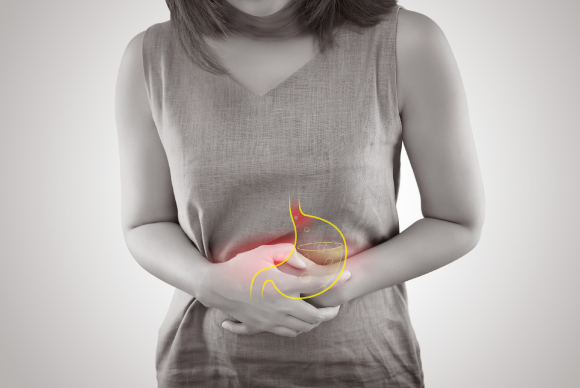
GERD – A Brief Introduction
You surely must have felt acidity burps from time to time. It happens due to the backflow of the stomach acid into the digestive tract. It is not uncommon for people to experience, once in a while as it is quite natural and needs no treatment to resolve it. But when it becomes chronic, it’s medically termed as GERD. It an acronym for gastroesophageal reflux disease. It is crucial to seek treatment for the same form an expert gastroenterologist on time to mitigate the risk of having any complications arising from it. Let’s have a look at it, in brief.
What is GERD?
It is a digestive disease that affects the muscle of the lower portion of the esophagus that leads towards the stomach. Under normal condition, the Lowest Esophageal Sphincter (LES) connects the esophagus to the stomach and passes the food forwards. In the case of GERD, this LES is either very weak or function abnormally, causing the backflow.
It pushes the contents of the stomach towards the upper esophagus. It can lead to persistent heartburn and acid indigestion, if left untreated.
What are the Symptoms of GERD?
The particular symptoms might vary from person to person, but some of the most common symptoms are as follows-
- Heartburn, that is the presence of burning sensation in the chest (which might worsen at night or after meals)
- Difficulty swallowing, even if you are intaking easily palatable food
- Chest pain, which is otherwise unexplainable
- Chronic cough or presence of cough at the back of the mouth,
- Regurgitation of sour liquid in the mouth
- The sensation of a lump in the throat
- On setting of asthma, or worsening of asthma
- Disrupted sleep cycle, persistently
Presence of 3 or more of these symptoms should be checked by gastroenterologist to see if it is due to GERD.
Risk Factors of GERD
Though anyone gets diagnosed with GERD, there are certain risk factors associated with it. Risk factors are any aspect that enhances the chances of any disease. Some of the most common risk factors for GERD are as follows.
- Weakened lower esophageal sphincter
- Obesity or prolonged overweight
- Pregnancy
- Hiatal hernia (a bulge protruding from the stomach into diaphragm)
- Routinely staying hungry for long
There are certainly other factors that aggravate the GRED. These include
- Chain smoking, particularly over a longer period
- Eating much larger meals (which leads to more secretion of digestive enzymes)
- Eating very late at night
- Persistently taking certain medications like aspirin
- Drinking certain beverages, like alcohol, coffee or other caffeine-loaded drinks
- Eating a certain kind of food, like highly processed, or fried food.
If you have 3 or more of the above-mentioned risk factors, you should watch out for the symptoms, in case they ever happen.
What is the best Treatment for GERD?
The everyday discomfort of GERD can be managed effectively with over the counter drugs and lifestyle change. However, in case hiatal hernia is the reason for the GERD, hernia surgery is needed to resolve the hernia, which also helps to resolve GERD.










